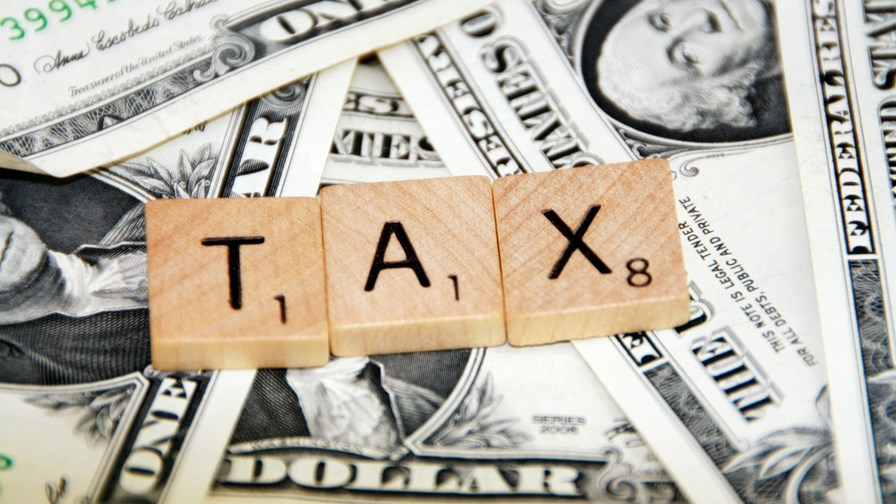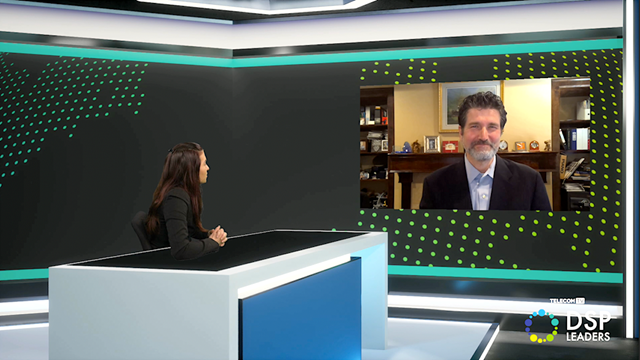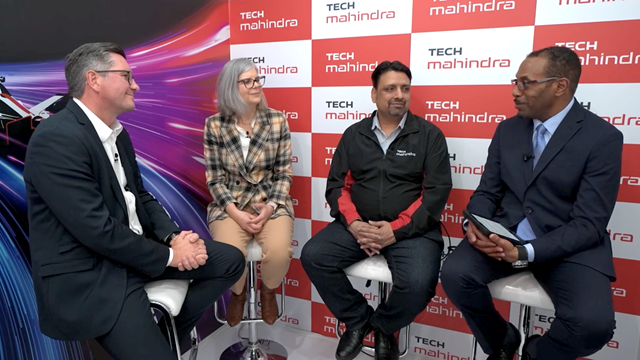
via Flickr © 401(K) 2013 (CC BY-SA 2.0)
- Telecoms, computers and ‘that sort of thing’ used to be a back room concern and seldom made mainstream news
- Not any more. Our industry has been thrust centre stage this summer thanks to Huawei security concerns, tech giants’ missteps and digital services taxes
- Are European politicians as mad as hell and not taking it anymore?
- Probably too early to tell
Things are moving fast in Europe over the digital tax issue as France, the UK and now Ursula von der Leyen - who last night was elected the first female head of the European Commission (the Junker job) - have all indicated a willingness to criticise Trump and resist pressure to ditch moves towards a digital services tax aimed principally at the US giants - Google, Amazon and Facebook.
For the UK it’s an agonising situation. As it tries to withdraw from the EU, the oft-mentioned free trade agreement with the US is seen as one way to take the sting out of a possible ‘hard’ Brexit with tariffs imposed by the EU should the UK be unable to reach agreement over the terms of its departure. Keeping the notoriously thin-skinned president ‘on-side’ is therefore crucial. But, far from getting its various ducks in a row, the UK seems destined to see them scattered in a perfect storm of diplomatic incidents and unfortunate events.
The ‘incompetent Trump’ memos from the UK amassador plus the unwelcome controversy over Huawei have increased US pressure on UK political leadership and stirred up the UK public just when the UK doesn’t need it.
Both of the front runners to replace Theresa May - Boris Johnson and Jeremy Hunt - were this week more or less forced by questioners into making criticisms of Trump for his racist tweeting against the four Democrat Congresswomen.
Theresa May also came out swinging over the issue - perhaps stung by observations Trump had made to reporters about her handling of Brexit. In effect she threw down a gauntlet to the two prime ministerial contenders by calling Trump’s tweets “absolutely unacceptable”. They were forced to agree.
This comes against a backdrop of seeming stalemate over the involvement of Huawei in UK telecoms. Despite pressure from the US, Vodafone and the other 5G-preparing network operators are pushing ahead with their build-out plans and Huawei kit is playing a big part. This refusal to “fall into line” over Huawei and China has led to threats from the administration that the UK-US trade deal is in danger.
But now it’s the digital services tax issue that’s taken centre stage and is concentrating minds in the US, with the treasury there declaring that it might review the possibility of doubling taxes on French companies and citizens with a US income, while US lawmakers are also making noises about scuttling the UK trade deal if the UK also looks at imposing a version of the tax, which it has declared itself minded to do.
Even some Democrats are lining up to oppose the European tax. “You expect a trade agreement with the U.S. and the U.K.” said Senator Ron Wyden, the top Democrat on the Senate Finance Committee. “It will not happen with your digital services tax. Period. Full stop.” Calm down Ronny, you'll do yourself an injury with all that punctuation.
Meanwhile, Ursula von der Leyen, as of today in charge of the European Commission, is getting her position straight too, and is starting out with a bit of Trump resistance. She talks of US tech giants paying “fair taxes” in the EU. At present they’re seen as playing divide and rule games by moving themselves over European borders in search of the best tax breaks.
That sort of avoidance strategy might play OK in the US, but it goes down terribly badly in Europe.
“I will stand for fair taxes – whether for brick and mortar industries or digital businesses, von der Leyen is quoted as saying. “When the tech giants are making huge profits in Europe, this is fine because we are an open market and we like competition, but if they are making these profits by benefiting from our education system, our skilled workers, our infrastructure and our social security, it is not acceptable that they make profits [when] they are barely paying any taxes because they play our tax system. If they want to benefit, they have to share the burden.”
In fact it was the telcos’ old friend, European Competition Commissioner, ‘no mergers’ Margrethe Vestager, who started the fairer taxes movement nearly five years ago now by demanding back taxes from the likes of Apple and Starbucks.
France, of course has gone out in front, approving a 3% tax on the revenue of big technology firms that provide digital services in France, provoking Trump to order an investigation with a view to imposing a new round of tariffs on France. This is despite Trump himself railing against Amazon’ business practices in the US.
All the European countries, including the UK, say they want a comprehensive negotiated settlement on the digital services tax with the imposition of a uniform rate. Once that happens with the agreement of the US, the ad hoc taxes will be withdrawn. But it feels like there could be a long way to go before we get to that point.
Email Newsletters
Sign up to receive TelecomTV's top news and videos, plus exclusive subscriber-only content direct to your inbox.




